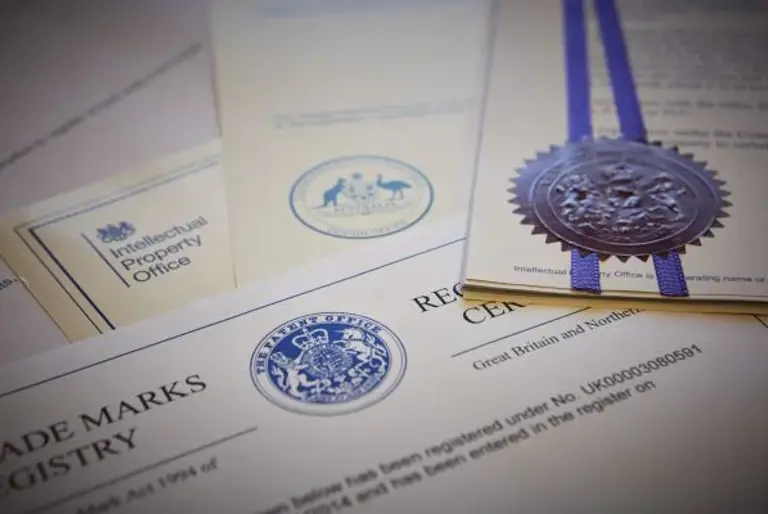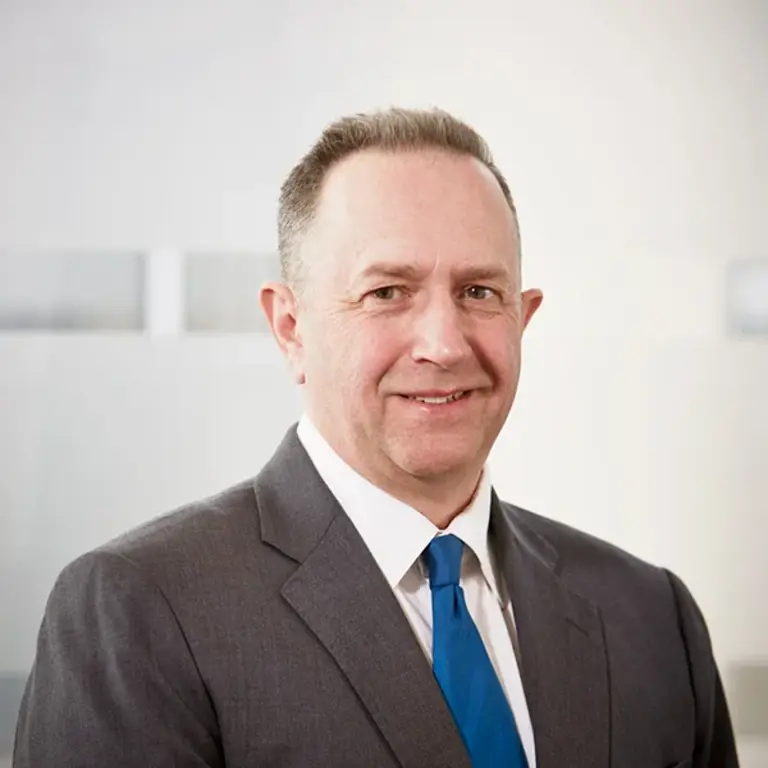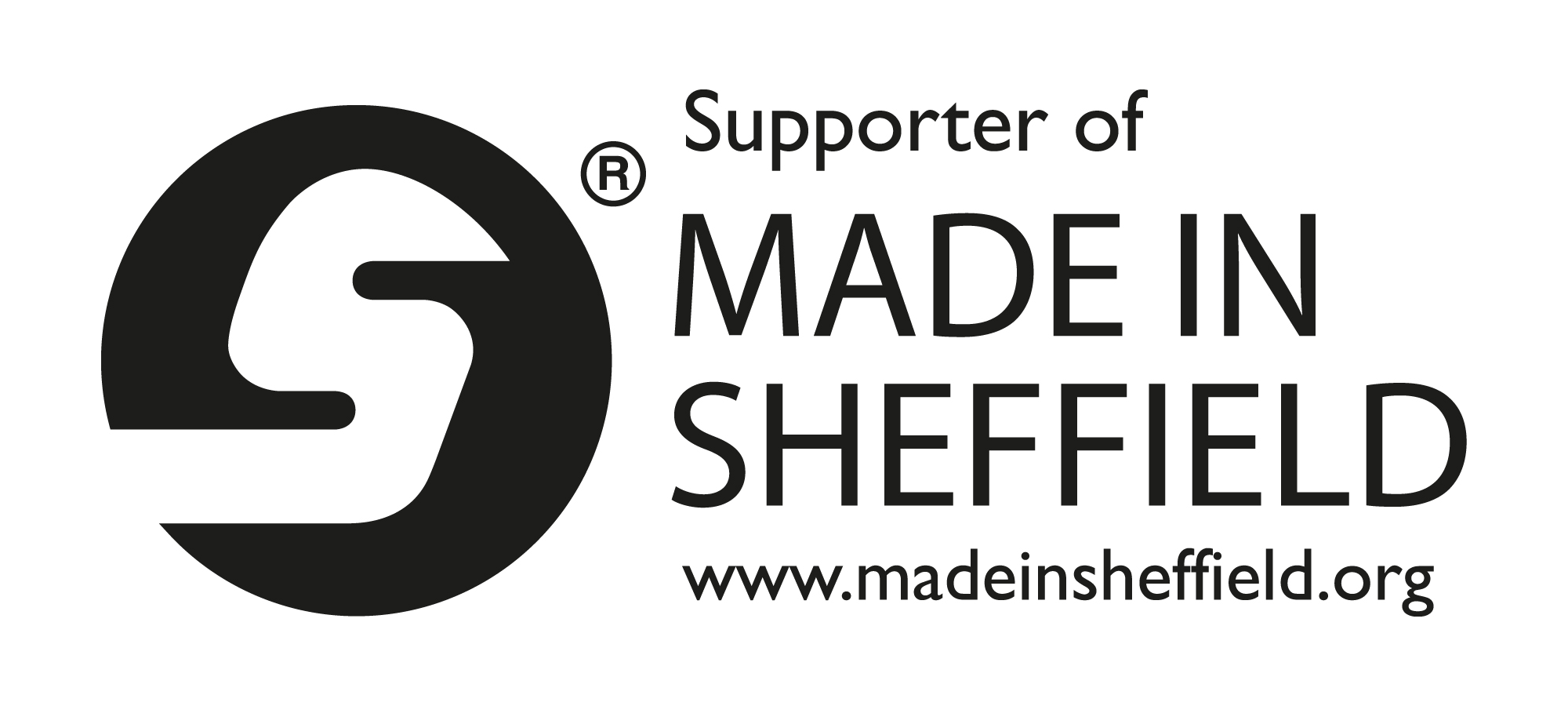In general terms, a trade mark is any sign capable of distinguishing the goods of services of one proprietor from those of another, but the specific definition of a trade mark differs according to the national law, from one country to another.

The most common types of trade mark include business names, product names, brand names and graphical logos. However, trade marks can also include words such as personal names, designs, letters, numerals, the shape of goods, or their packaging.
Trade marks can be unregistered. An unregistered mark can be used by a business but not registered with a national trade marks office. Alternativley, a trade mark can be registered. Some countries allow rights for both unregistered and registered trade marks, but in many states significant rights are only attached to marks which are registered. Examples of countries which allow rights for both unregistered and registered trade marks include the United Kingdom and the United States. However, it is unwise to rely solely on unregistered trade mark rights and if registration is available, then wherever possible, these registered rights should in general always be applied for.
Most countries operate a "first to file" system. That is, even where a proprietor has been using a mark for a number of years, registered trade mark rights will still be accorded to the first person to apply to register that mark. There are a few exceptions, notably the US, where registered rights are allocated on a “first to use” basis.
In general, trade marks are registered for different goods and services which are separated into a number of different classes according to an international or national classification system. Therefore, it may be possible for two different proprietors to use and register the same or a similar mark for different goods or services, for example one person may register a trade mark for food, whereas another person may register an identical or similar trade mark for completely unrelated services such as banking or finance.
The advantages of registering your trade mark are to prevent use of that trade mark by your competitors, to build value in your trade mark portfolio and brand, and to consolidate the intangible assets of your business in a registered intellectual property right.
When selecting a new name or trade mark, it is always advisable to perform a trade mark clearance search to see if the same or a similar mark is already being used by a third party. There are many recorded instances where a company invests in significant expenditure in launching a product, only to find that they must change the product name, package and advertising because a third party already holds registered or unregistered trade mark rights in the mark.
Trade mark rights can form a valuable, if not the most valuable part of a business, and protect directly the reputation and goodwill of a business.
Franks & Co offer a full trade mark searching, advice and management service ranging from initial clearance searches, through to filing and prosecution of trade mark applications, registration of marks, and maintenance of trade marks after filing including policing and trade mark watching services to guard against dilution and infringement of your trade mark rights.
If you have a problem of infringement of somebody else's trade mark rights, then we can advise on the strength of those rights, and suggest possible co-existence agreements or consent agreements which may enable you to continue using your mark either in a restricted territory under a license agreement, or by agreement or consent of the owner of the registered trade mark rights.
In the short video below, European Patent and Trade Mark Attorney Dr Abdulmalik Lawal explains the process for registering a trade mark.

























